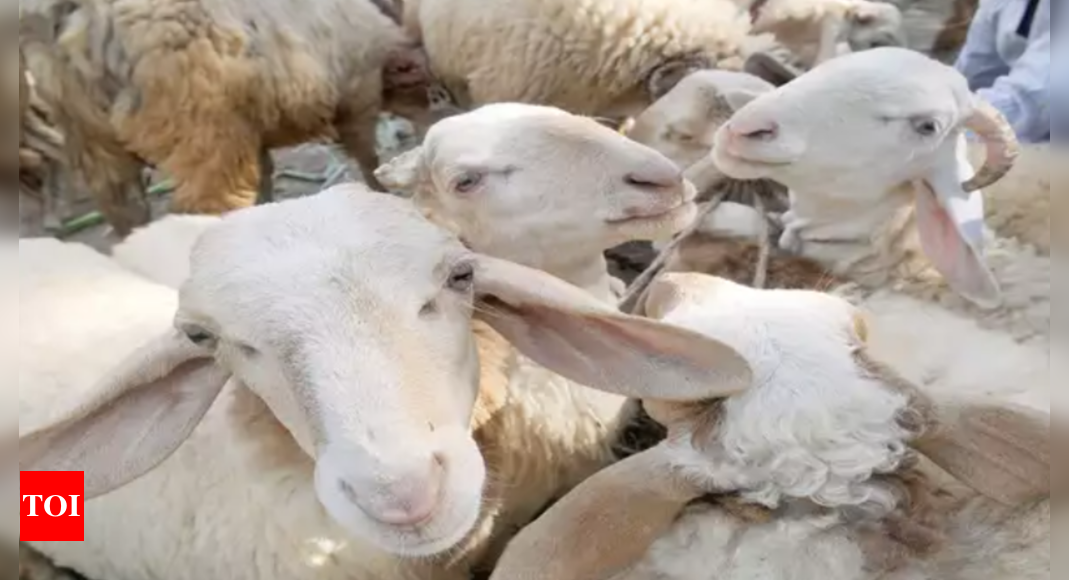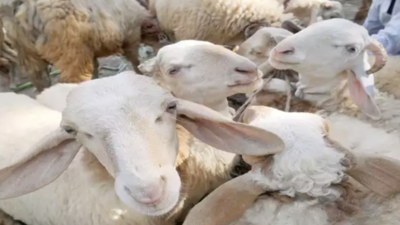NEW DELHI: Artificial insemination technology, currently used to improve breeds of cattle in the country, will now also be used for genetic improvement of sheep and goat, and state semen banks storing frozen semen of only high genetic merit bulls can work as the semen bank for sheep and goat as well.
The genetic improvement of sheep and goat breeds will be done through “selective breeding by propagation of superior male germplasm” through artificial insemination and establishment of semen storing facilities at the state level.
Saif Ali Khan Health Update
The move is part of the new operational guidelines of the National Livestock Mission (NLM) which aims to increase animal productivity by targeting increased production of meat; goat, camel, donkey and sheep milk; egg and wool under an umbrella scheme. One of the larger goals of the NLM scheme is also to develop entrepreneurs in the livestock sector.
Under the new guidelines, released by the Union animal husbandry and dairying minister Rajiv Ranjan Singh in Pune on Monday, the Centre will provide assistance for establishment of frozen semen production laboratory for goat and liquid semen production laboratory for sheep at regional level in a strategic location to cater the semen of elite animals to the nearby states.
In addition, genetic improvement of indigenous breeds of horse, donkey and camel through selective breeding will also be done under the NLM 2.0. Presently, there is no approved breed registration society in the country to preserve the breed and precious germplasm of horse, donkey, and camel.
“Indiscriminate breeding has caused destruction of many breeds which are resilient to the Indian environment,” said the new guidelines for the NLM.
The Centre will provide assistance to states and ICAR institutions for establishment of semen production laboratories for horse, donkey and camel at regional level.
The animal husbandry ministry during January 14 to February 13, declared as ‘animal husbandry and animal welfare month’, is conducting a nationwide awareness campaigns and educational activities over the new guidelines and other relevant programmes/schemes to support the livestock farmers.




